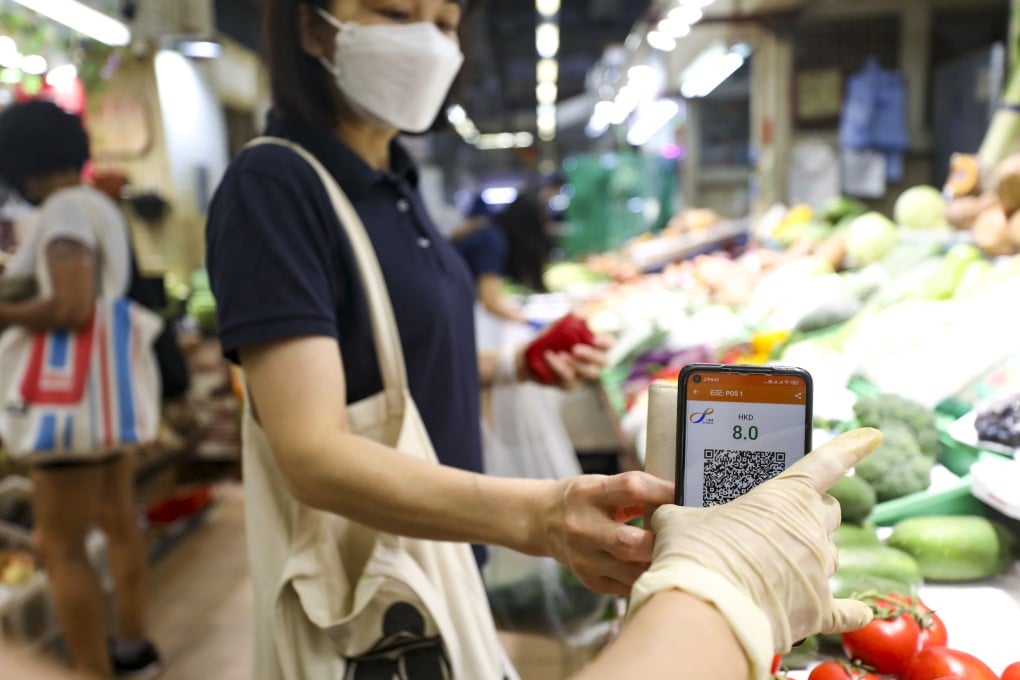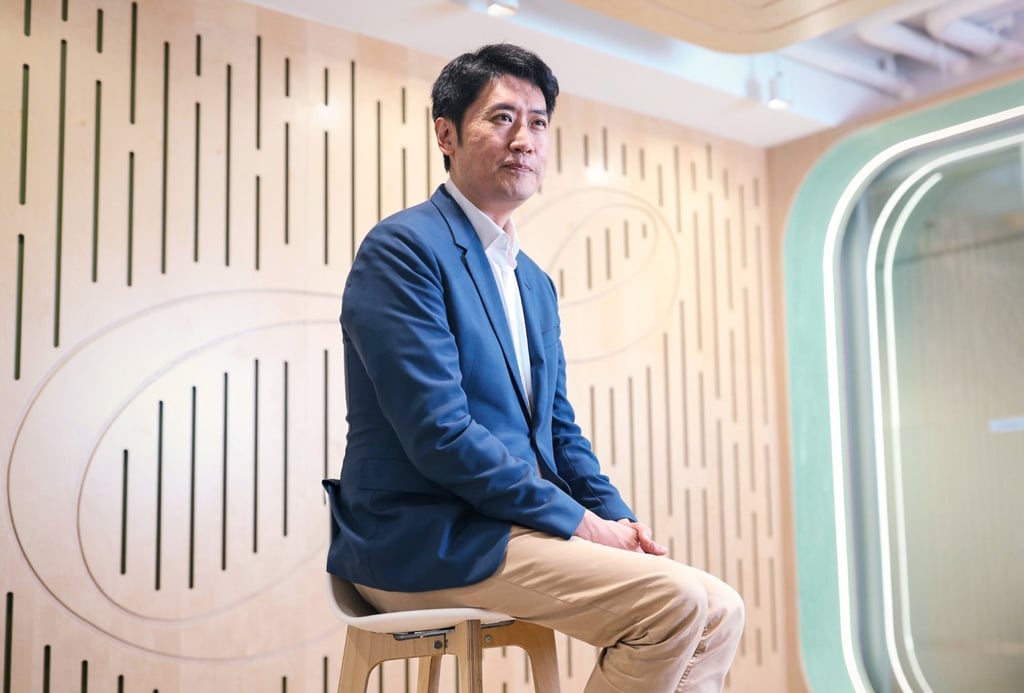New CEO of Hong Kong’s Octopus says payment service must shift ‘from plastic to phone’, and vows to put more readers in taxis
- Tim Ying says company was gearing up to meet the needs of the new generation by investing more in mobile operations
- He also stresses need for Octopus to make inroads in places where cash still king, such as small businesses and taxis

The new CEO of Hong Kong’s Octopus Group plans to gradually shift the stored-value payment service “from plastic to phone”, while also renewing efforts to better penetrate local markets where physical cash is still king.
Tim Ying Tien-chi joined the company on August 1 and officially took over the helm from Angus Lee Chun-ming two months later. Ying was previously general manager of digital experience at Cathay Pacific Airways and chief product officer of another payment platform, PayMe, at banking giant HSBC.

In his first interview with the press since taking over, Ying said the company was gearing up to meet the needs of the new generation by investing more in mobile operations.
“Our entire focus and strategy is: ‘How do we move from plastic to phone?’” he said.
“I believe that is the direction that we’re heading towards … [These generations] were born digital. Growing up digital and being born digital are very different. So I think as we move forward with Octopus, being mobile first and digital native is the direction that we really want to be able to focus on.”
The executive, however, stopped short of confirming whether he foresaw Octopus completely abandoning physical cards one day.